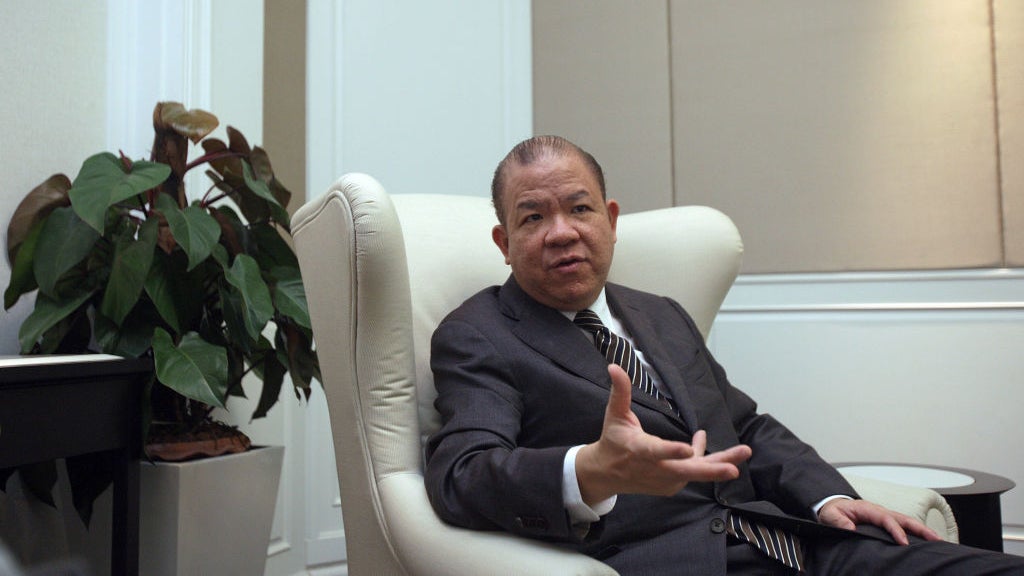During a visit to Bangkok in December, Nvidia’s CEO Jensen Huang is set to announce significant investment plans for Thailand, as reported in a recent Bloomberg interview with the country’s Commerce Minister, Pichai Naripthaphan. The minister indicated that Nvidia’s commitment may catalyze further interest from related clusters of investment, indicative of a larger trend in Southeast Asia where major tech companies are increasingly focusing their attention. This wave of interest coincides with shifting global dynamics such as trade wars, geopolitical conflicts, and uncertainties that are prompting a reassessment of global supply chains, whereas Southeast Asia is emerging as an attractive investment destination due to its relative stability and robust infrastructure.
Thailand has attracted substantial investments from notable technology firms in recent years, including Amazon, Google, and Microsoft. The recent investment of $1 billion by the Dubai-based Damac Group into the country’s data center sector exemplifies this trend. Pichai Naripthaphan projected that international and domestic investment proposals could reach as high as $30 billion by the year’s end. Data from Thailand’s Board of Investment (BOI) reveals a remarkable increase in investment pledges, reaching $21.6 billion in the first three quarters of 2024, marking a 42% rise compared to the same timeframe in 2023. This surge includes the approval of 2,195 projects, reflecting a revitalization in the country’s investment landscape.
Investment commitments from major companies like Nvidia are part of a broader regional strategy as the tech sector begins to solidify its presence in Southeast Asia. Nvidia has already made commitments to other countries in the region, including Indonesia and Malaysia, and is exploring opportunities in Vietnam. Additionally, the American software giant Oracle is on track to invest $6.5 billion in building a cloud services hub in Malaysia. These developments underscore the importance of the Southeast Asian market as a focal point for technological investments, further diversifying the region’s economic growth opportunities.
Thailand is particularly keen to regain economic momentum lost during a decade marred by military rule, starting with the coup that ousted a democratically elected government in 2014. This era was characterized by significant restrictions on political freedoms and civil liberties, which hindered growth prospects. The political landscape shifted dramatically after the 2023 elections, where opposition parties emerged as key players by securing the most votes, delivering a clear message against the military junta’s prolonged influence in governance. As the political atmosphere stabilizes, Thailand is positioning itself to cultivate a more favorable environment for investment.
The influx of foreign direct investment (FDI) in Thailand and its neighboring countries can also be seen as part of a broader regional shift as nations compete to build tech-friendly ecosystems. This trend illustrates how multinational corporations are responding to the evolving landscape of global trade by looking toward Southeast Asia, where they can establish operations with less regulatory hindrance compared to other regions. Moreover, the growing success of tech companies like Nvidia serves as a motivating factor for other firms considering expansion into Southeast Asia.
In summary, Nvidia’s forthcoming investment announcement in Thailand encapsulates a critical moment for the region’s economic revitalization. With a growing acceptance of foreign investment, an emerging tech sector, and the decline of military-imposed governance, Thailand stands to benefit from a wave of new economic opportunities. As Southeast Asia becomes a preferred destination for international businesses amidst global uncertainties, countries like Thailand are ready to leverage their unique geographic and infrastructural advantages to attract and sustain foreign investments, highlighting a shift toward a more vibrant economic landscape.

